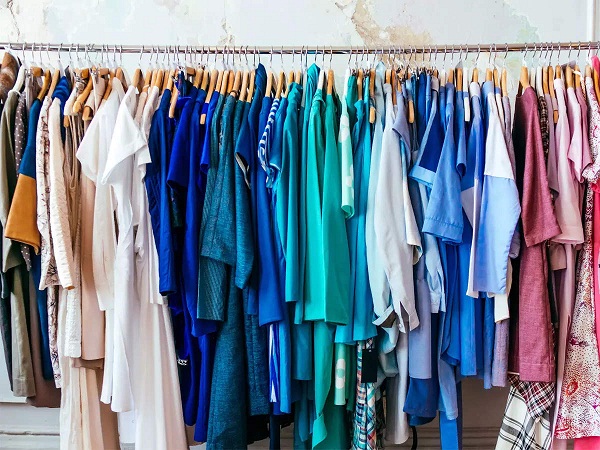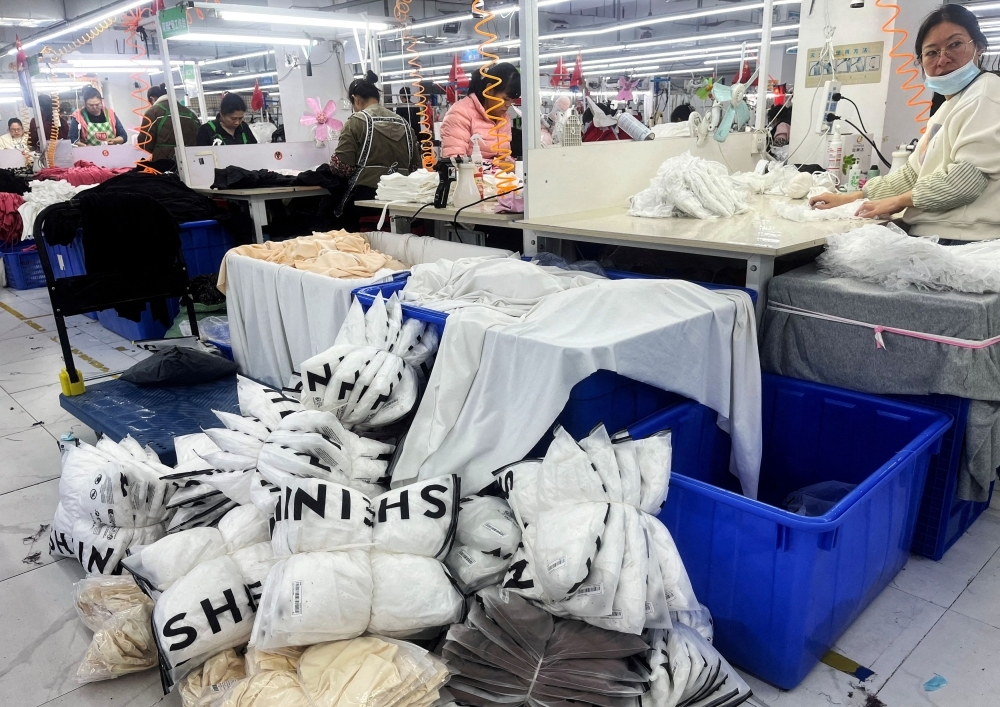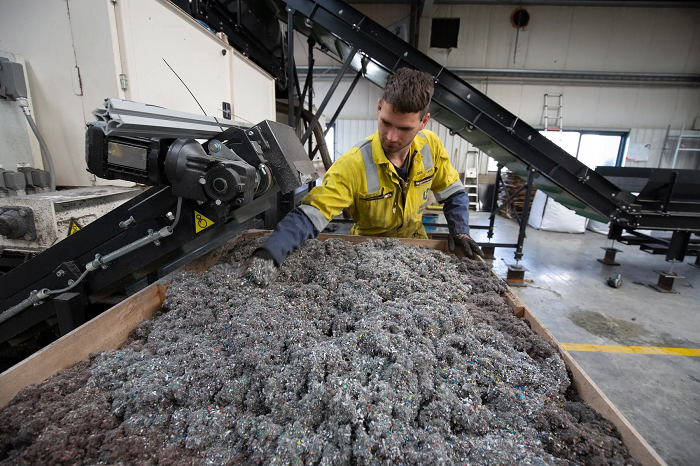
A fairer distribution of risk and reward between buyers and producers is the main focus of International Apparel Federation (IAF) in the aftermath of Covid years. IAF, the world’s leading federation for apparel manufacturers, (SME) brands, their associations and the supporting industry with membership across 40 countries, is currently putting the spotlight on supply chain issues urgently needed for quicker industry transition and rebuilding of trust issues in a changed post-pandemic world.
Suppliers of the apparel industry were left in a lurch when Covid 19 broke out and the big Western brands collapsed and randomly cancelled completed orders and broke an unwritten business trust. At least 1,931 brands delayed and cancelled orders worth $3.7bn from garment factories in Bangladesh and other poorer manufacturing countries of the world, which led to complete mayhem all through the two Covid years.
The IAF has begun emphasizing on supply chain issues guided by the urgency of the need for industry transition in a changed world. “We believe the supply chain, to function well, literally and figuratively speaking, needs a new contract. It needs to operate with a greater sense of equity. That is why the IAF has teamed up with the STAR Network of industry associations, GIZ, Better Buying and the OECD in a project in which around 10 associations will build their recommendations for payment and delivery terms” IAF said in one of its priorities.
Bangladesh to focus on a better global industry infrastructure
The IAF has however now set many priorities for a better world by making companies adapt policies and core values that will help in the long run although it comes at a steeper cost. The basic essence of the greening of the industry is a wide supply chain, collaborative approach and pledges to reduce CO2 emissions among others. The costs and the rewards of transformation need to be shared in the supply chain and more education can bridge the current gap.
“Our industry needs profit so we can share the profits with all our workers. In Bangladesh, we need to go for higher quality, value-added garments and design backup. Bangladesh needs to focus on and invest in technology and backward linkage industry and produce value-added garment items to retain a larger share of export proceeds here in the country and get better prices from buyers,” says President Cem Altan, President of IAF.
The upcoming Christmas season and major holidays in Western countries should now be utilized to push up demand and end the inventory of buyers while giving a boost to apparel industry. As per the IAF, apparel industry needs a better global, institutional industry infrastructure which promotes more inclusivity while reducing audit and standard fatigue. Some of its other priorities are working on institutional infrastructure, education and training, digitization and transparency.
IAF to promote green investment initiative
IAF now plans to work on enhancing global coordination of industry education by alignment priorities and quality and efforts to reduce the chances of overlap so there is no training fatigue. Some of its other priorities are working on institutional infrastructure, education and training, digitization and transparency. The apparel industry needs a better global, institutional industry infrastructure, promoting more inclusivity and one of the main aims of this is to reduce audit and standard fatigue.
A big new change in the apparel industry is that the European Union from the beginning of 2023 will start asking for a 'product passport' with the implementation of its new legislation as part of its move to reduce carbon emissions. The EU wants to reduce carbon emissions by 55 per cent by 2030 and zero emissions by 2050. The product passport would ensure traceability at every stage of production and also show the carbon emission level of products.
Bangladesh is currently doing well in its green investment campaign with eight out of ten USGBC LEED-certified factories already in the country.IAF is working with Sustainable Terms and Trade Initiative (STTI) for common audit standards and also working on ethical garment practices of global apparel buyers, so that the mayhem of cancellation and non-payment of orders is not repeated in business history again.












